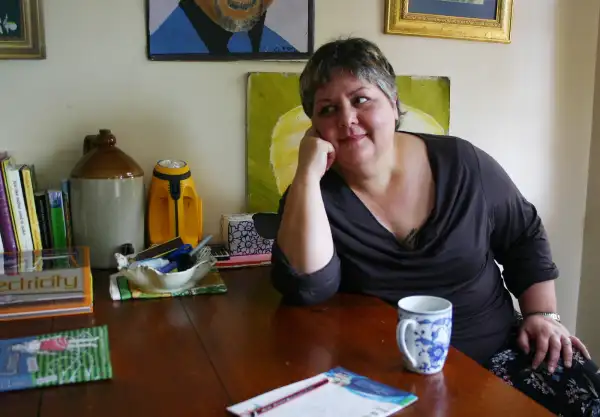Doubting yourself as a writer is more common than you think. How can you overcome self-doubt and find your writing voice?
BY LAURA SWAIN
Is it good enough? This is a question that all writers have, at some point, asked themselves. You’ve written your article and triple-checked it. Keywords? Check. SEO-friendly title? Check. Links to further reading? Check. So why does an overwhelming sense of self-doubt start to creep in?
As writers, we are so quick to judge our own work. Is the fear there because we know others (the editor, the audience, our peers) are about to read it? Do we critique and pull apart our hard graft because we think they will do the same? The short answer is yes.
Their work is better than mine
If you suffer from self-doubt, you are likely your own worst critic, often questioning whether your work meets the mark. Will it attract a large audience? Will it resonate with readers? Am I on the right track? All good questions, but ones that can leave you with misgivings about every word you’ve written – especially if you constantly compare yourself to others and what they’re doing.
‘The worst enemy to creativity
Sylvia Plath
is self-doubt.’
Getting the first few words or paragraphs down can often be the hardest part. If you ever start to doubt yourself – or worse, think about giving up completely – remember these wise words from Margaret Atwood: ‘If I waited for perfection, I would never write a word.’ Write first. You can always reread and tweak after.
Writing through the doubt
Simply put, you must keep going. Write down all your ideas – good and bad. Yes, there will be setbacks and rejections. Every writer (and I mean every writer) has received a rejection letter at least once. Recognising that even your favourite writer has been turned down may help to alleviate some of your fears. They have doubted, just as you doubt yourself. But they persevered and went on to write great things.
Accepting rejection as a writer
Good editors, if they do reject you, will usually offer feedback. Of course, as Fran Weerts notes, ‘Don’t allow bigoted or uninformed comments to convince you that you are a bad writer.’ But if the critique is constructive and thoughtful, accept it.
Best advice? Learn from it, then move on. If you let yourself wallow in the rejection, it will take you longer to write your next piece. Accept that your work wasn’t a good fit for that publication, take the (helpful) feedback and use it to improve. Onwards and upwards.
Finding your writing voice
There are so many resources at your disposal that provide tools, tips and tricks to help you discover your own writing style and voice. You could do an online writing course, enter a writing competition or submit some pieces to a local forum for free to build up your confidence.
According to award-winning author David Robbins, ‘Find what is unique in yourself and let that part of you sit by your side when you write.’
You did not come this far just to come this far. Find your self-belief and get typing. People want to read what you have to say. Find your voice, then you’ll find your audience.
About the author

Laura Swain has over ten years of experience as a marketing specialist. When she’s not crafting great prose, you can find her running around after her five-year-old daughter or watching horror films. Although you could be forgiven for thinking they are the same thing, they are not.












